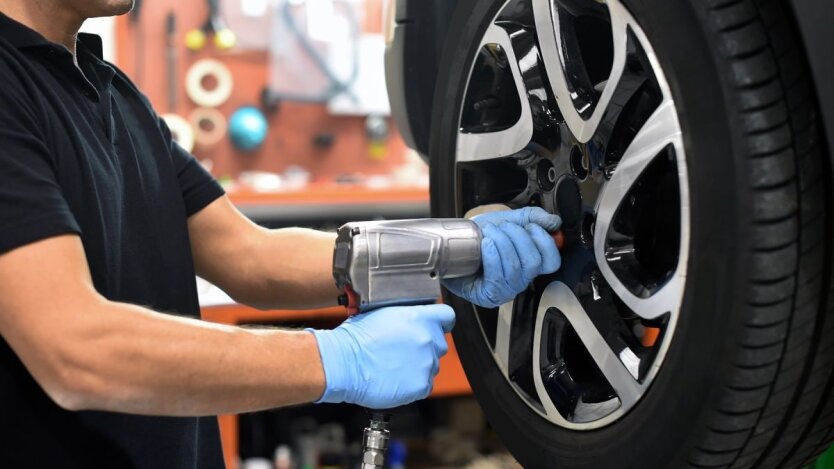Drivers named the optimal temperature for safe winter tire change.


Switching to summer tires: an important aspect of road safety
Drivers should closely monitor the weather conditions, as timely tire replacement affects vehicle handling and tire wear.
Winter and summer tires have significant differences in composition and characteristics. Winter tires are made of less durable rubber that remains elastic in cold weather but wears quickly at high temperatures.
On the contrary, summer rubber is stiffer, more durable in heat, and provides better road grip. Summer tires are effective at temperatures above +8°C, while winter tires remain suitable up to +10°C. The optimal Time for replacement is when the temperature stays around 6-7°C. Experts recommend not to rush into changing tires in March due to the possible cold snap.
According to the legislation, summer tires can be used from March 31 to December 1, and studded tires are prohibited from April 16 to September 30 unless there are winter conditions.
Tread depth - a safety indicator
The minimum acceptable tread depth for summer tires is 1.6 mm, but to maintain optimal grip, 3 mm is recommended. Experts also advise installing tires with larger tread on the rear axle of the vehicle for improved stability.
Disadvantages of using winter tires in summer
Winter tires worsen handling, increase stopping distance, and accelerate tire wear. They also raise fuel consumption and negatively impact the environment due to increased friction with the road.
It has also been reported that Ukraine will recycle tires from military equipment.
Read also
- Drivers will start to be fined for spare tires: who is at risk of punishment
- Not everyone can afford: how much strawberries, cherries, apricots, and raspberries cost in stores and markets
- Apartment with or without repairs: expert explained how not to overpay when buying real estate
- Pension Worth a Quarter Million: PFC Shows the Richest Pensioner in Ukraine
- Drivers were shown 4 European cars capable of traveling over a million kilometers
- Szijjártó is stirring up the myth of the destructive plan by von der Leyen and Zelensky










